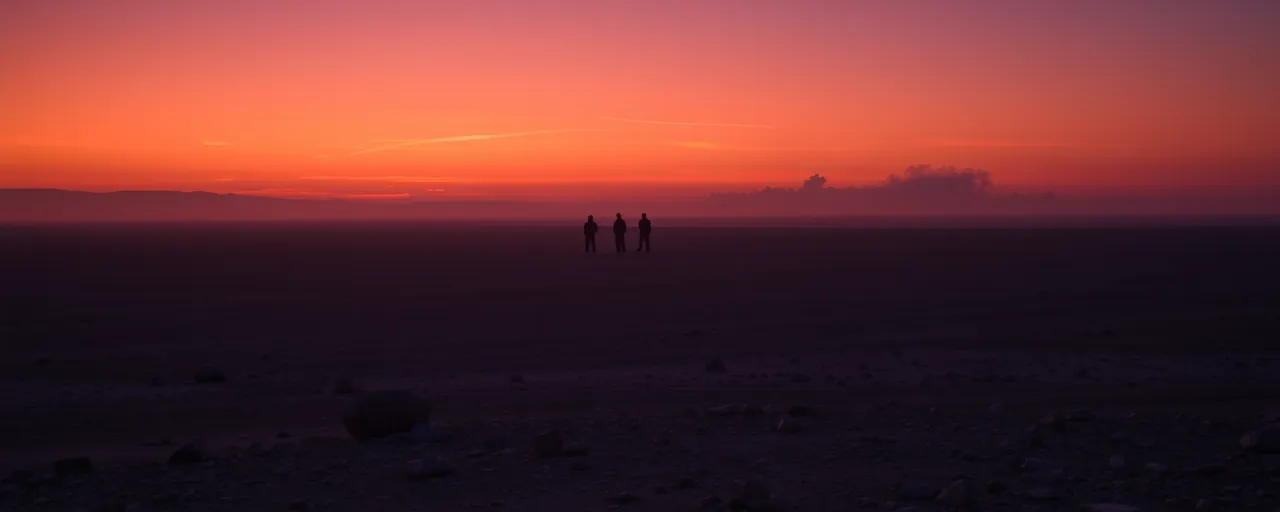A Heartbreaking Step Forward
The discovery hit hard. Israeli forces recently found the remains of Judy Weinstein and Gad Haggai, two Americans abducted and killed by Hamas during the October 7, 2023, attack. For their loved ones, this news offers a painful chance to mourn. It also casts a spotlight on the 56 families still awaiting word on their relatives. U.S. Secretary of State Marco Rubio voiced grief and demanded the immediate release of all captives.
This loss resonates deeply. Weinstein and Haggai were among hundreds caught in a violent assault that claimed over a thousand Israeli lives and ignited a relentless conflict. Their story reflects the personal toll of a crisis that intertwines individual tragedies with global diplomacy.
Navigating a Complex Crisis
Hamas continues to hold dozens of hostages, including Americans Omer Neutra and Itay Chen. In a notable shift, the U.S. began direct talks with Hamas in 2025 through a special envoy, moving away from its previous no-contact policy. Negotiations, often facilitated by Qatar and Egypt, have secured the release of over 150 captives in exchange for more than 1,000 Palestinian prisoners, but progress remains uneven.
Families cling to hope for proof-of-life, a demand that often goes unanswered. Israeli operations, backed by U.S. intelligence, focus on recovering remains and rescuing survivors, while diplomats push for temporary ceasefires. These efforts highlight the delicate balance of security and humanitarian priorities in a region marked by tension.
Gaza's Humanitarian Toll
The hostage crisis unfolds against a backdrop of immense suffering in Gaza. Since October 2023, over 56,000 Palestinians, predominantly civilians, have died, per UN and local reports. About 90 percent of Gaza's 2.2 million people are displaced, with critical infrastructure like hospitals and schools largely destroyed. Food and medicine shortages threaten famine, particularly for children.
This crisis shapes the path to freeing hostages. Some argue that easing restrictions on aid could foster goodwill in talks, while others emphasize neutralizing Hamas to prevent future attacks. The interplay of these goals challenges U.S. and global mediators striving to resolve the standoff.
U.S. Perspectives on the Conflict
The U.S. is far from united on how to respond. Many Republican lawmakers advocate robust support for Israel, endorsing military aid and stringent measures against Hamas, as outlined in the 2024 GOP platform's pledge to bolster Israel's defenses. In contrast, supporters of Palestinian rights, including many Democrats, urge prioritizing aid to Gaza and reviving talks for a two-state solution. Polls indicate 70 percent of Democrats seek a more even-handed U.S. approach.
These views reflect genuine concerns about human lives. Hostage families, spanning political divides, share one goal: the safe return of their loved ones. The State Department works to bridge these differences, applying sanctions on Hamas facilitators while providing support to affected families.
A Glimmer of Hope
The recovery of Weinstein and Haggai's remains marks a somber moment. This fuels determination to bring others home. The U.S., alongside Israel and mediators like Qatar, pursues a deal to free all captives, using diplomacy, surveillance, and financial pressures to disrupt Hamas's operations.
The road ahead remains daunting. Gaza's humanitarian needs demand urgent action, and resolving the hostage crisis requires addressing the conflict's deeper roots. Families of the missing embody resilience, their strength a reminder of what's at stake.
The world's attention stays fixed on those still held. Their release could pave the way for healing in a region scarred by loss. The task now is to find common ground, halt the violence, and prioritize humanity in a crisis that tests us all.
